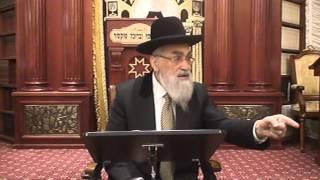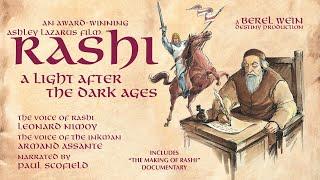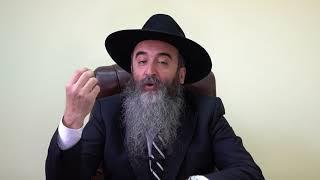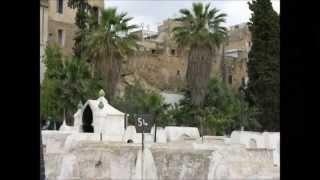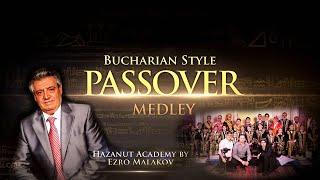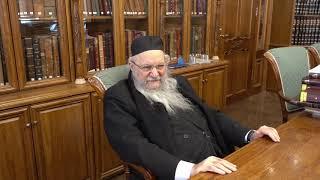Problems playing the video? Click Here to reload
Watch Videos: Random | New | Popular
All Essays | Report Video
|
Share Video
- Buy Us a Coffee -
Rabbi Jonathan Sacks
This week's parsha opens with an account of the laws of vows and oaths. What is it doing here near the end of the book of Numbers, as the Israelites approach the destination of their journey to the promised land?
Vows and oaths are obligations created by words. They are commitments to do something or refrain from doing something. A vow, neder, affects the status of an object. I may vow not to eat something. That something is now, for me, forbidden food. An oath, shevuah, affects the person not the object. What is now forbidden is not the food but the act of eating it. Both acts bind: that is the primary meaning of the word issar.
Such is the sanctity of such undertakings that there are demanding rules that have to be met if they are to be annulled. You cannot do it yourself: the parsha sets out some of the ground rules, the rest of which were supplied by the oral tradition. So seriously does Judaism treat verbal undertakings that one act of annulment, Kol Nidrei, takes place at the start of the holiest day of the year, Yom Kippur.
The superficial reason for the law of vows appearing here is that the previous section of the Torah dealt with communal sacrifices. Individuals also brought sacrifices, sometimes because they were bound to do so but at other times because they voluntary chose to do so. Hence the laws of voluntary undertakings.
But there is a deeper reason. The Israelites were nearing the land. They were about to construct a society unlike any other. It was to be a free society based on a covenant between the people and G-d. The rule of law was to be secured not by the use of force but by people honoring their moral commitments, their voluntary undertaking to G-d that what He commanded, they would do.
http://www.chiefrabbi.org/ReadArtical.aspx?id=1781
in english
This week's parsha opens with an account of the laws of vows and oaths. What is it doing here near the end of the book of Numbers, as the Israelites approach the destination of their journey to the promised land?
Vows and oaths are obligations created by words. They are commitments to do something or refrain from doing something. A vow, neder, affects the status of an object. I may vow not to eat something. That something is now, for me, forbidden food. An oath, shevuah, affects the person not the object. What is now forbidden is not the food but the act of eating it. Both acts bind: that is the primary meaning of the word issar.
Such is the sanctity of such undertakings that there are demanding rules that have to be met if they are to be annulled. You cannot do it yourself: the parsha sets out some of the ground rules, the rest of which were supplied by the oral tradition. So seriously does Judaism treat verbal undertakings that one act of annulment, Kol Nidrei, takes place at the start of the holiest day of the year, Yom Kippur.
The superficial reason for the law of vows appearing here is that the previous section of the Torah dealt with communal sacrifices. Individuals also brought sacrifices, sometimes because they were bound to do so but at other times because they voluntary chose to do so. Hence the laws of voluntary undertakings.
But there is a deeper reason. The Israelites were nearing the land. They were about to construct a society unlike any other. It was to be a free society based on a covenant between the people and G-d. The rule of law was to be secured not by the use of force but by people honoring their moral commitments, their voluntary undertaking to G-d that what He commanded, they would do.
http://www.chiefrabbi.org/ReadArtical.aspx?id=1781
in english
- Category
- Bamidbar-Matot-Masei
- Tags
- matot, masei
Commenting disabled.








